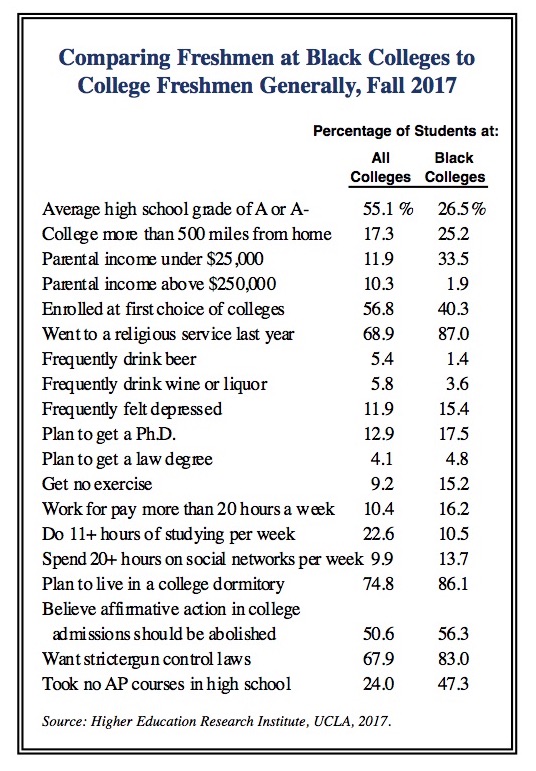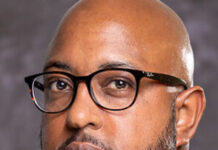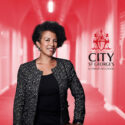 Each year the characteristics and attitudes of firt-year college students are surveyed by the Cooperative Institutional Research Program at the Higher Education Research Institute at the University of California at Los Angeles. This nationwide survey compares current freshmen in terms of characteristics such as family income, grades in high school, and future goals. In addition, the survey contains statistics on a wide variety of personal traits such as study habits, political views, and social activities.
Each year the characteristics and attitudes of firt-year college students are surveyed by the Cooperative Institutional Research Program at the Higher Education Research Institute at the University of California at Los Angeles. This nationwide survey compares current freshmen in terms of characteristics such as family income, grades in high school, and future goals. In addition, the survey contains statistics on a wide variety of personal traits such as study habits, political views, and social activities.
 Unfortunately, the race-related data in the UCLA survey is limited to students at historically Black colleges and universities and includes no information on differences between Black and White students at predominantly White colleges and universities.
Unfortunately, the race-related data in the UCLA survey is limited to students at historically Black colleges and universities and includes no information on differences between Black and White students at predominantly White colleges and universities.
This year’s data shows that students at Black colleges are less likely than college students generally to drink alcohol. Students at black colleges are more likely than college freshmen generally to feel depressed and spend far more time on social networking websites and less time on homework.
The data shows that students at Black colleges are more likely than college students generally to travel 500 miles or more from home to attend school. Students at HBCUs are more likely to go to church.
One must remember that many historically Black colleges and universities are affiliated with conservative religious organizations. Given this fact, it is no surprise that African-American students at these colleges are more likely to hold some conservative views and positions than African-American college students generally. On many issues, students at Black colleges tend to be more conservative than college students generally.











